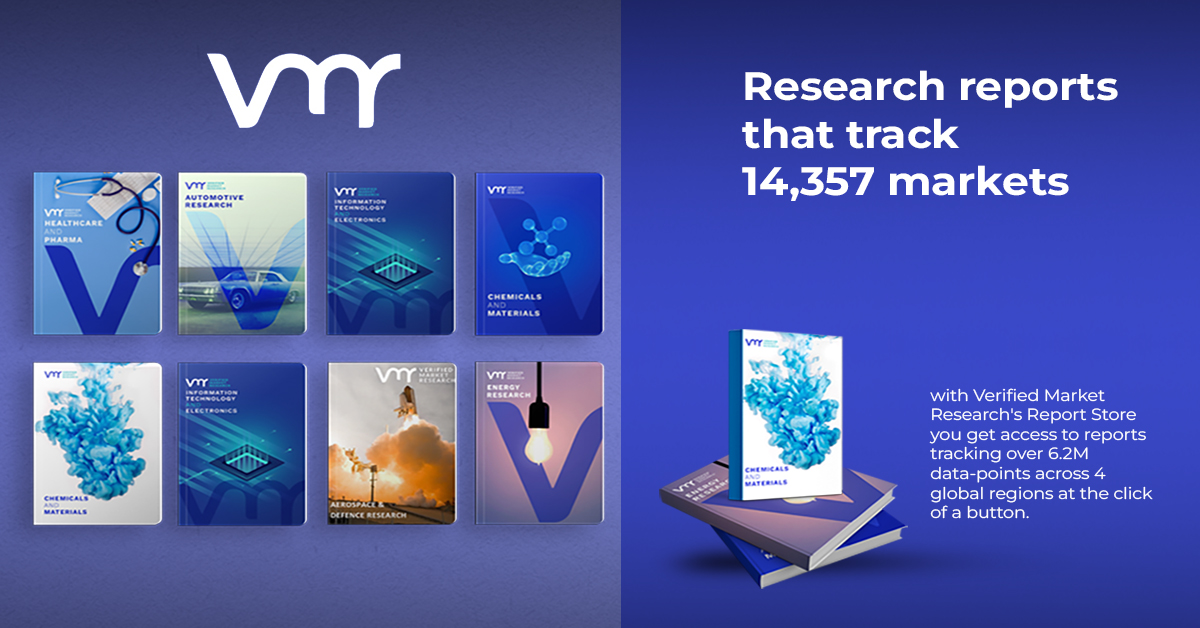Custom Lentivirus Production Services Market: Latest Developments and Trends
The custom lentivirus production services market is experiencing rapid growth, fueled by the increasing demand for advanced gene therapies and gene-modified cell treatments such as CAR-T therapy. Lentiviral vectors are crucial in delivering genetic material into cells for therapeutic purposes, making their production a critical focus area for biopharmaceuticals. Below, we explore key advancements, challenges, and opportunities shaping the market.
Growing Demand for Gene Therapies and Cell-Based Treatments
Gene therapies, particularly for conditions like cancer and genetic disorders, are driving the need for reliable and scalable lentivirus production. Lentiviral vectors offer high transduction efficiency and stable gene expression, making them suitable for applications in therapies such as CAR-T and CRISPR-based gene editing. The surge in clinical trials leveraging these therapies has spurred demand for scalable and compliant lentiviral manufacturing processes.
Innovations in Lentivirus Production
- Shift to Suspension Cultures: Manufacturers are increasingly adopting suspension culture methods, which allow scalability and the use of serum-free, chemically defined media. This approach simplifies production and enhances the predictability of scale-up, from small laboratory settings to industrial-scale bioreactors (50L to 200L capacity)
- Third-Generation Vector Systems: Enhanced safety and efficiency are hallmarks of third-generation lentiviral systems. These involve four-plasmid systems that minimize the risk of replication-competent viruses and are tailored for regulatory compliance in clinical applications
- Integrated Production Platforms: Comprehensive platforms such as Charles River’s Lentivation™ offer end-to-end solutions, including in-house plasmid DNA production, chromatography purification, and quality control, significantly reducing production timelines
Addressing Key Challenges
- Scalability: Scaling lentivirus production from research-grade to clinical-grade levels remains a significant challenge. The need for larger bioreactors and consistent yields demands innovative engineering and optimization strategies
- Regulatory Compliance: Producing GMP-compliant lentiviruses involves stringent quality control measures, including sterility and stability tests. Manufacturers must also navigate complex FDA and EMA guidelines, ensuring every production stage meets rigorous standards
- Cost and Time Efficiency: Traditional lentivirus production processes can take up to 15 months for GMP projects. Advanced technologies aim to shorten this timeline through streamlined workflows and modular production frameworks
Market Trends and Drivers
- Outsourcing to Contract Development and Manufacturing Organizations (CDMOs): Biopharmaceutical companies are increasingly partnering with CDMOs for lentivirus production to leverage their expertise and infrastructure. Leading players provide bespoke services, including suspension and adherent culture production systems tailored to client needs
- Expansion of CAR-T Cell Therapy Applications: The global success of CAR-T therapies in treating hematological malignancies is expanding into solid tumors and autoimmune diseases. This growth necessitates higher production volumes of high-quality lentiviral vectors
- Regional Market Dynamics: North America and Europe dominate the market, driven by robust research ecosystems and established regulatory frameworks. However, Asia-Pacific is emerging as a key player due to investments in biomanufacturing and increasing clinical trials
Future Outlook
The custom lentivirus production services market is poised for sustained growth, driven by innovations in gene therapy and biomanufacturing. Key trends to watch include:
- Adoption of Automation: Automated platforms for viral vector production are expected to enhance consistency and reduce costs.
- Advanced Purification Techniques: Chromatography methods, such as ion-exchange and affinity purification, are becoming standard for producing high-purity vectors.
- Eco-Friendly Practices: Green manufacturing approaches, including minimizing the use of toxic reagents, are gaining traction in response to environmental concerns.
In conclusion, the custom lentivirus production services market is evolving rapidly to meet the complex needs of modern gene therapy. By addressing challenges in scalability, compliance, and efficiency, the industry is setting the stage for transformative advancements in medical science.









